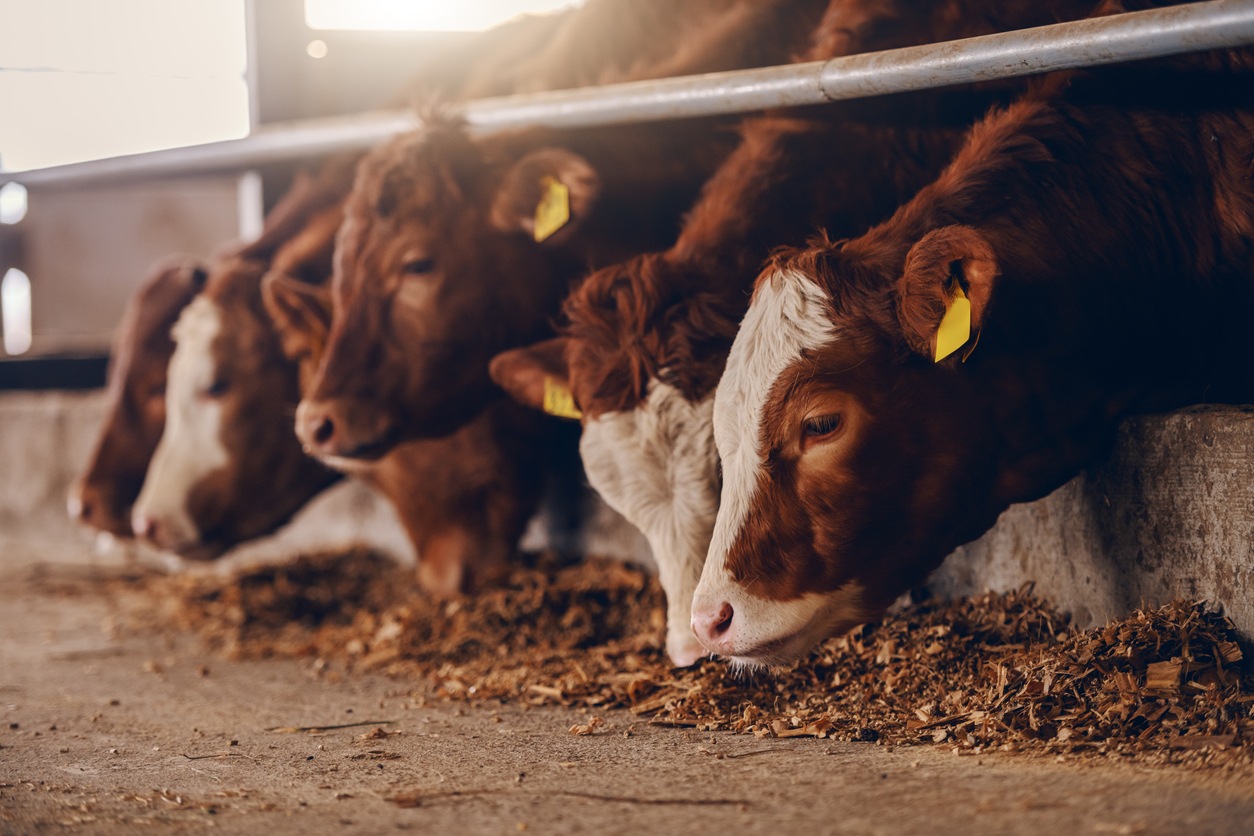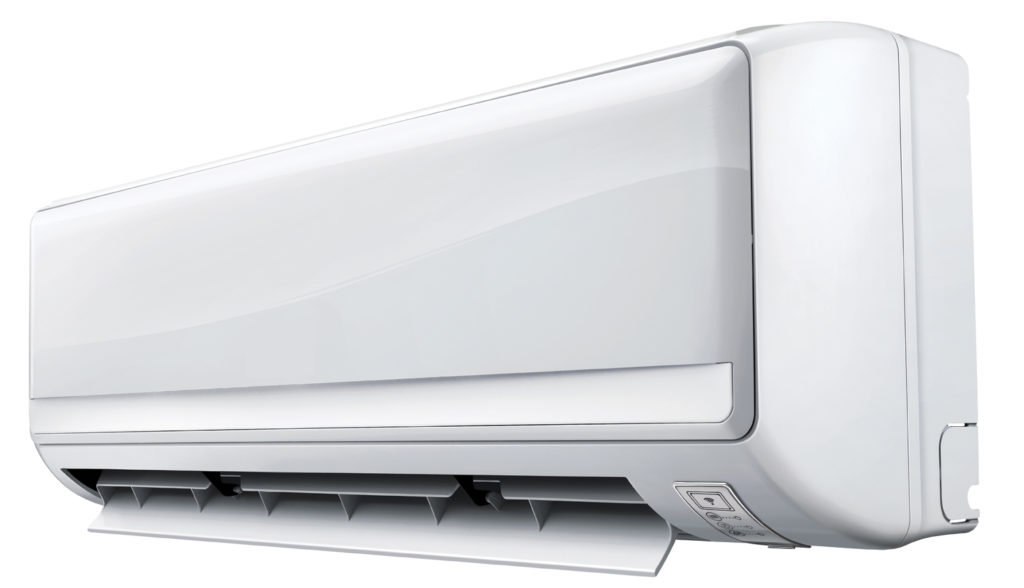How to Take Care of Your Cattle: A Comprehensive Guide for Beginners
How to Take Care of Your Cattle: A Comprehensive Guide for Beginners
Cattle rearing is a business that isn’t for the faint-hearted. It’s an occupation that requires you to be on your toes and alert at all times. If you want to start your own cattle farm, it’s imperative that you understand how to take care of your cattle so as to avoid any pitfalls and ensure their welfare. However, there are many things to consider when starting a cattle farm. You need to be aware of the different breeds and know which ones are best suited for your location and climate. You also need to have a solid plan on how you’ll feed them, build shelter for them, manage their manure, and tackle various other common issues that need addressing if you want your cattle to thrive. If you’re thinking of starting a cattle farm in the near future, this guide is perfect for you! Here, we discuss everything from tips on what type of cattle are ideal for beginners to advice on the right kind of fencing needed for their safety.
Know the different types of cattle
When starting a cattle farm, you’ll need to be aware of the different types of cattle that exist. Here are a few of the most common breeds that are found across the globe: – Brahman Cattle – Brahman cattle are a cross between zebu cattle and western cattle breeds. They originated in Brazil and are typically used for meat production. Brahman cattle have black or red fur and are easy to maintain. They are also a low maintenance breed and are great for beginners. – British Longhorn Cattle – British Longhorn cattle are a very old British breed. They are quite large and are typically red in color with white spots. British Longhorn cattle are a popular dairy breed and also serve as a good beef breed. They are hearty and strong but are also quite sensitive. – Beef Shorthorn Cattle – Beef Shorthorn cattle are British cattle that are bred mainly for beef production. They have black and white fur and are quite large and sturdy. They are a calm breed of cattle and aren’t easily spooked. – Brown Swiss Cattle – Brown Swiss cattle are a Swiss dairy breed. They are white or black and are known for their large size and good milk production. They are an easy-going breed and thrive in temperate climates.
Get to know your local climate
A cattle farm is far from a standalone business. There are many other factors that can affect your cattle’s health and nutrition – the most important of which is the climate of your region. Your climate determines which feed is best for your cattle and, consequently, what kind of feed you’ll need to purchase. Here are a few of the most common climatic conditions and the kind of cattle they’re best suited for: – Tropical Climate – Tropical climates are hot and humid and are the perfect breeding ground for mosquitoes. These climates are best suited for Zebu cattle breeds. – Tropical and subtropical – Tropical and subtropical climates are humid and warm and are the perfect breeding ground for ticks. Tropical and subtropical climates are best suited for Brahman cattle breeds. – Temperate – Temperate climates are characterized by changes in temperatures between hot and cold. These climates are best suited for British Longhorn cattle breeds. – Continental – Continental climates are cold and dry and are best suited for Beef Shorthorn cattle breeds.
Decide on your cattle breed
When starting a cattle farm, you need to decide which breed of cattle you’ll raise. This breeds are suitable for different climates and are also easy to maintain. You should also consider the amount of milk or meat you need from your cattle and choose a breed accordingly. – Zebu cattle are indigenous to the tropics and, as such, are well-adapted to a warm and humid climate. They don’t require much feed due to their high-quality milk and are also resistant to tropical diseases and parasites. – Beef Shorthorn cattle are a British breed that thrives in cold and dry climes. They are hearty but are also sensitive and can be prone to diseases. – Brahman cattle are a cross between Zebu and Western breeds. They thrive in a warm and humid tropical climate and are resistant to tropical diseases and parasites. – British Longhorn cattle are a popular dairy breed and thrive in temperate climates. They are sensitive and require access to shade and water during the hot months. – Brown Swiss cattle are a Swiss dairy breed that thrive in cold and temperate climates. They are a hardy breed that require little maintenance.
Come up with a solid plan
When you’re starting a cattle farm, the first thing you need to do is come up with a solid plan of action. What are the steps you’ll need to take to get your cattle from the pen to the plate? What feed or forage are you going to feed them? How will you collect and dispose of their manure? Here are a few things you need to take into consideration when coming up with a solid plan that’ll ensure your cattle thrive: – Feeding – Cattle are ruminant animals that have four stomachs and are grass-fed by nature. However, they also need other feed supplements such as corn, soybeans, and other grains to ensure they grow and fatten healthily. – Water – Cows are domesticated animals that need fresh water to drink at all times. You need to have an adequate watering system in place for them for them to thrive. – Shelter – Cattle need access to shade during the summer months. They also need protection from winds, intense sunlight, and precipitation. When starting a cattle farm, you should come up with a plan on how you’ll provide them with the right amount of shade and protection from the elements. – Manure – Manure isn’t just a by-product of cattle rearing is also a source of fertilizer that’s essential for your crops. However, you need to know how to handle it and store it properly so as to avoid any health hazards.
Select the right fencing for safety
When starting a cattle farm, you need to make sure you have the right fencing in place for your cattle’s safety. Here are a few things you should take into consideration before purchasing your fencing: – Topography – The topography of your land will determine what type of fencing you’ll need to use. For example, you may need to build a retaining wall or fence along a steep slope to ensure your cattle stay put. – Cost – The cost of the fencing you install will largely depend on the material from which it’s made and how long it will take to install. You can check online to find out the average cost of different types of fencing, such as high-tensile fencing, post and rail fencing, rotational grazing systems, electric fencing, etc. – Maintenance – You also need to consider how much maintenance each type of fencing requires. For example, electric fencing is easy to install, but it also requires regular maintenance to ensure it works effectively.
Conclusion
There’s nothing more fulfilling than rearing and taking care of your own cattle. It’s a rewarding occupation that lets you experience the joy of helping animals flourish. However, if you want to be a successful cattle farmer, you need to understand the various breeds that exist and how to take care of them. When starting a cattle farm, it’s important that you know the different types of cattle that exist and the best breeds for your climate. You also need to come up with a solid plan of action and select the right fencing for safety.








LEAVE A COMMENT
You must be logged in to post a comment.